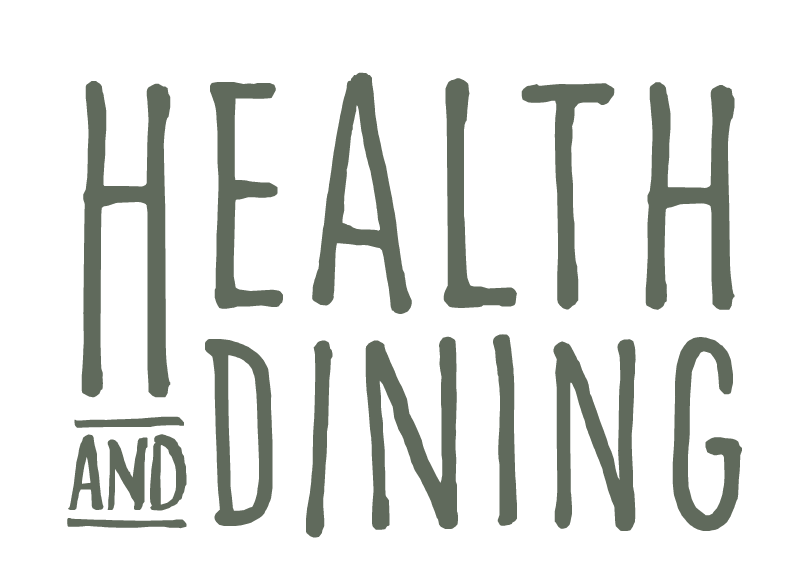Best Head-to-Toe Health Strategies for Everyday Life.
Staying healthy is a consistent lifestyle that informs many facets of your life. It starts with making the right choices regarding your food, daily activity, rest, and mental well-being. Here's a practical guide for cultivating a healthy daily lifestyle.
Diet
A balanced diet is significant in sustaining your mental and physical health. Carbohydrates are energy sources for the brain and muscles because they prefer sugar. Complex carbohydrates are a source of fiber essential for non-problematic bowel movements. Plant and animal proteins provide amino acids to make enzymes and hormones used in metabolic activities.
Vitamins are precursors for making and regulating hormonal and enzymatic functions. Minerals are essential in protein structures. For instance, iron in hemoglobin helps transport oxygen throughout the body, while calcium and magnesium are vital for strong bones. Implement a meal plan to consume all essential nutrients according to the dietary recommended specifications daily.
Hydration
Water is necessary for biological reactions to occur in your body. It also regulates the body's pH by balancing the acidic and basic environment through homeostasis. The amount of water you need depends on your gender, activity intensity, age, and amount of sunlight exposure.
Water intake for men is much higher because of their biological body composition and generally higher body mass. Pregnant women should also drink more water than nonpregnant women. On the other hand, younger people consume less water according to their dietary recommended consumption levels.
If you're in a physically demanding job, you'll drink more water than someone confined to a work desk. You probably also consume more water during summer than in winter. Water consumed includes other forms of fluids, such as beverages and water in fruits. Always choose healthier hydration options for additional benefits.
Sleep
Rest is vital for the body. Your body repairs itself while you sleep. However, tissue healing and growth occur in a full sleep cycle, which takes 8 hours. The hormones responsible for this metabolic activity get released at designated points of your sleep cycle. Sleep also rejuvenates your mind by making it relax, enabling you to make sound decisions and increase alertness during the wake period.
A Work-Life Balance
Your mental health influences your physical health. Ensure your mind is stress-free by setting mental work-life boundaries. Leave your work in the office. Once you get out of work, expect and anticipate rest.
Physical Exercising
A workout is excellent for your cardiovascular health. It helps with blood circulation and keeps your heart muscles healthy. Jogging, cycling, or walking also burn extra calories in your body.
If you have time limitations, you can deliberately include physical activity in your itinerary. For instance, use the stairway instead of the elevator for a little workout at work, or take a walk during your lunch break.
Embrace Opportunities for Mental Growth
Take opportunities to develop your mental capabilities. For instance, embrace a career change if your current position is no longer mentally fulfilling. Expand your horizons by utilizing your full potential. Take on medical coding if you're capable. Hone your skills through one of the leading online medical coding courses, and validate them with an assessment and certification.
Whole Body Health Strategies
A healthy body and mind come through deliberate action. Visit Health and Dining to learn more about cultivating a healthy lifestyle through everyday strategies.
Kindly written by Jason Lewis @ Strongwell. To collaborate with Jason, and learn more about fitness for Seniors, visit www.strongwell.org
